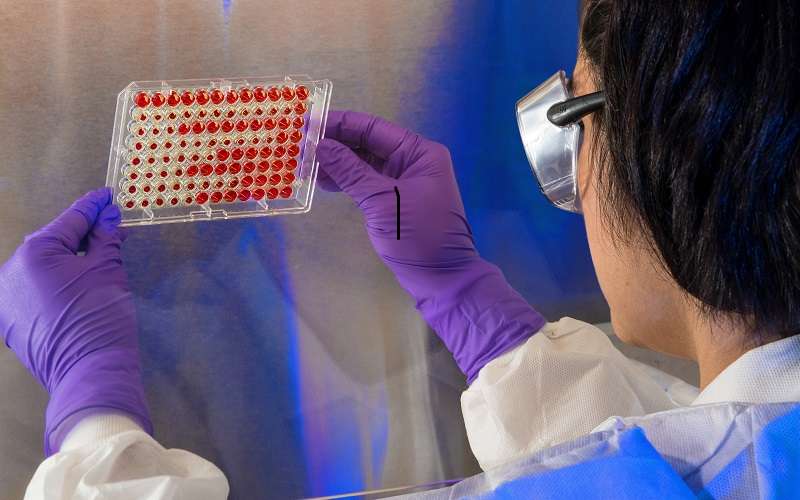
Pancreatic ductal adenocarcinoma (PDAC) is the most common pancreatic cancer. It is also one of the deadliest diseases. More than 90% of PDAC patients die within 5 years of diagnosis. Usually, by the time cancer is discovered, it has already spread.
“PDAC is often detected too late for treatments such as chemotherapy and surgery to be effective,” said Professor Adrian Krainer of Cold Spring Harbor Laboratory (CSHL). “But if we can gain a clear understanding of the underlying genetic mechanisms of PDAC, this could lead to earlier diagnosis and novel treatments.”
Krainer and CSHL postdoc Ledong Wan teamed up with CSHL Professor David Tuveson to explore the role of a genetic process called RNA splicing in pancreatic cancer. RNA splicing helps DNA deliver instructions for protein production to cells. The research team focused on a splicing regulator protein called SRSF1. They found that high levels of SRSF1 can cause inflammation, or pancreatitis. This accelerates the development of PDAC tumors.
“Cells have several processes to keep SRSF1 levels constant,” Krainer said. “But cancer often finds a way to overcome these checks and balances.”
Several genes, RNAs and proteins work together in cells to keep SRSF1 levels steady. But sometimes, the process gets disrupted. In the pancreas, this triggers pancreatitis and accelerates PDAC.
“This is a very clear effect,” Krainer explained. “We could see that patients with higher levels of SRSF1 in their tumors had a poorer prognosis. So, we set out to explore the extent to which SRSF1 affects PDAC.”
The team found that high levels of SRSF1 are essential for PDAC growth in mice and organoids (small versions of tumors). Furthermore, when SRSF1 was restored to normal levels, the organoids stopped growing. SRSF1 is important in healthy tissue, so it might not be an ideal drug target by itself. However, some of the splicing changes it promotes may be targeted. More work needs to be done, Krainer said.
“We’re excited about these developments,” he said. But PDAC is a complex malignancy. We hope to provide actionable information for future treatments. This work led by Ledong is just the tip of the iceberg.
Krainer and Wan’s collaboration with Tuveson’s lab is part of a broader effort to explore pancreatic and breast cancers. The initiative also includes CSHL professors David Spector and Christopher Wacock.
“The paradigm-shifting work of Krainer’s lab has led to a greater understanding of many types of cancer,” said Tuveson, director of the CSHL Cancer Center. “Dr. Wan’s research opens an exciting new avenue for understanding pancreatic cancer. It reaffirms the importance of basic biological research to improve human health.”


